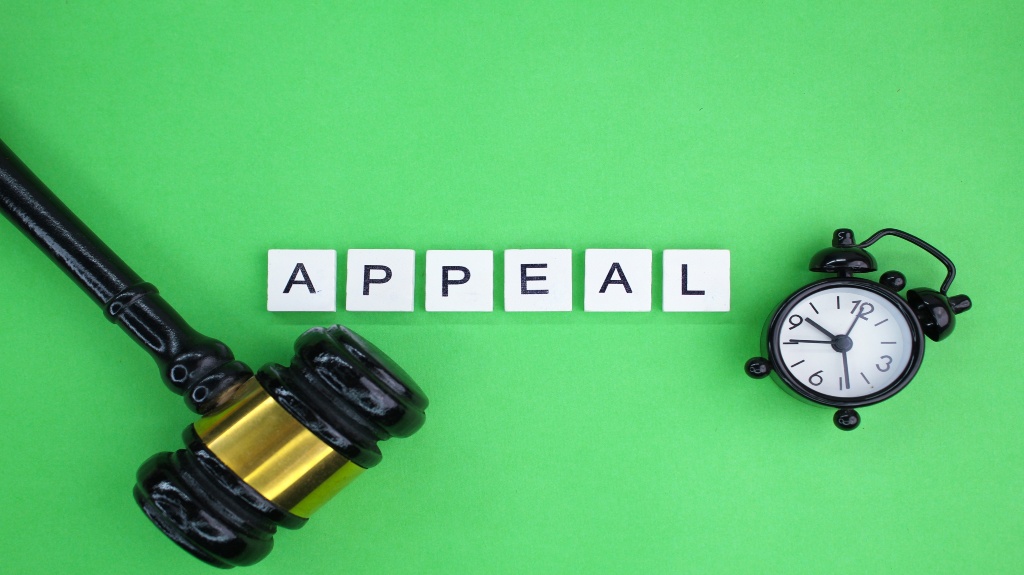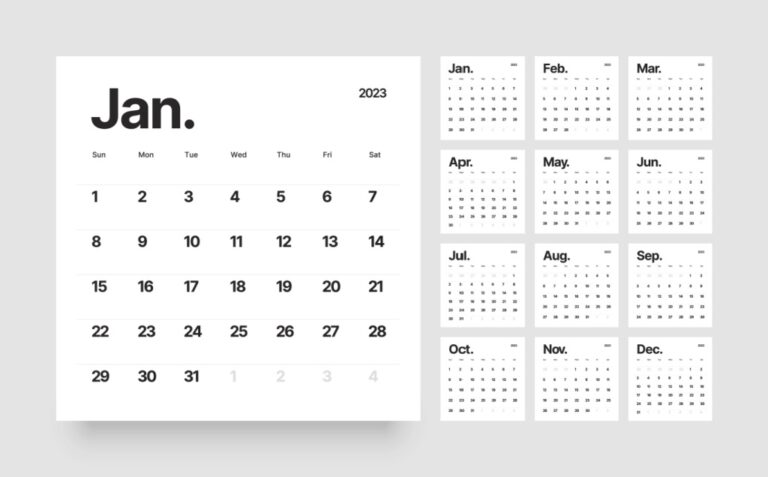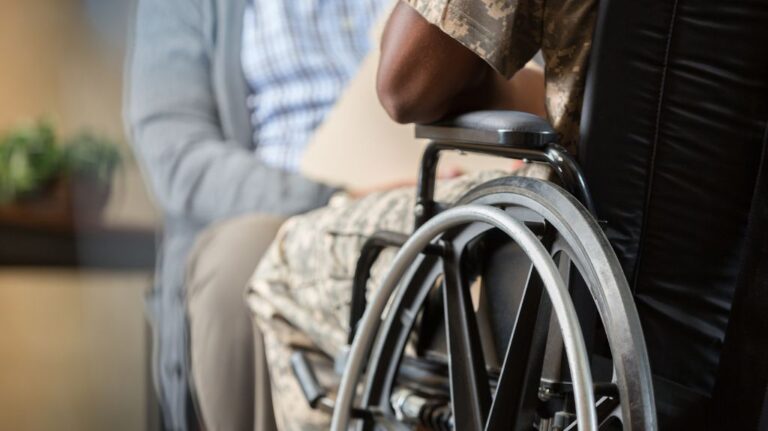Common Mistakes Veterans Make During the Appeals Process

Navigating the VA disability claims process can be frustrating, especially when it comes to filing an appeal after a denial. Unfortunately, many veterans make mistakes during the appeals process that can delay or jeopardize their chances of securing the benefits they deserve. Understanding these common pitfalls can help veterans avoid unnecessary setbacks.
1. Failing to Submit New Evidence
One of the most frequent mistakes veterans make is not providing new evidence when filing an appeal. Many assume that simply disputing the initial decision will be enough to change the outcome. However, the VA needs compelling reasons to reconsider its original ruling.
New medical evidence, personal statements, or expert opinions—such as a nexus letter from a healthcare provider—can significantly strengthen an appeal. Without updated evidence showing a connection between the veteran’s disability and their service, the appeal is less likely to succeed.
2. Missing Deadlines
Timing is critical in the VA appeals process. Veterans must file a Notice of Disagreement (NOD) within one year of receiving their denial. Missing this deadline can result in the claim being permanently closed, forcing the veteran to start from scratch.
In some cases, veterans mistakenly assume they have more time than they do, or they fail to respond within the required timeframe due to confusion about the process. Keeping track of deadlines and submitting documents on time is essential to maintaining a valid appeal.
3. Submitting Incomplete or Incorrect Forms
Many veterans unintentionally submit incomplete or incorrect paperwork, which can cause significant delays. For example, when filing an NOD, veterans must ensure they complete all necessary fields and include any supporting evidence required. Submitting forms that are missing key details or failing to attach relevant documentation can result in the appeal being rejected or delayed.
Working with an experienced VA benefits attorney or representative can help ensure that all paperwork is properly completed and filed, reducing the risk of administrative errors.
4. Neglecting to Seek Representation
Attempting to navigate the VA appeals process without professional help can be overwhelming. Veterans often think they can handle their appeals independently, but the system is complex and full of bureaucratic hurdles. Without an experienced advocate, veterans may overlook key aspects of their case or miss out on benefits they are entitled to.
A VA-accredited attorney can provide invaluable guidance, helping veterans avoid mistakes and presenting their case in the best possible light. Additionally, having representation during the appeals process can reduce the stress and uncertainty veterans often feel when going it alone.
5. Not Attending Scheduled Exams
As part of the appeals process, veterans may be asked to attend Compensation and Pension (C&P) exams to provide updated medical information. Failing to attend these exams can result in the VA denying the appeal due to a lack of current medical evidence.
Veterans should ensure they attend all scheduled appointments and follow any instructions provided by their healthcare provider or the VA. These exams are critical in providing the VA with the information needed to reassess the claim and potentially approve the benefits.
Set Yourself Up for Success in Your Appeal
The VA appeals process can be a long and challenging road, but avoiding these common mistakes can improve your chances of success. By submitting new evidence, meeting deadlines, seeking representation, and attending required exams, you can strengthen your appeal and move closer to receiving the benefits you deserve.
If you’re facing a VA disability appeal, working with an experienced attorney can make all the difference. Contact VA Benefits Attorneys Powered by Tabak Law today for expert guidance and support in navigating the appeals process. We’re here to fight for the benefits you’ve earned.







